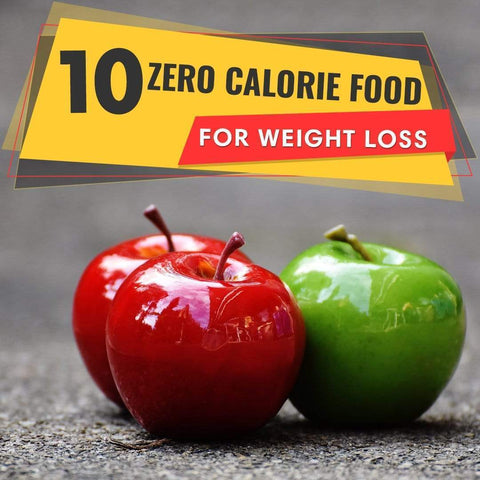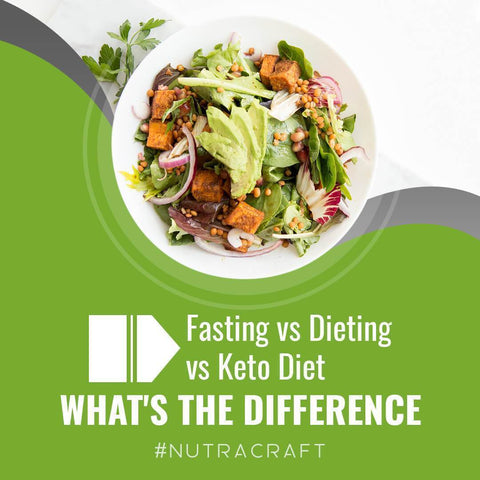 High blood sugar is extremely unhealthy and has been exposed in recent years as very damaging to the body.
High blood sugar is extremely unhealthy and has been exposed in recent years as very damaging to the body.
The damage that high blood sugar triggers is involved in the development of nearly all degenerative diseases.
Blood sugar is supposed to stay fairly even in a tightly-controlled range, not tumultuous with dramatic spikes and crashes. But often, people eat processed starches and sugary foods that spike their blood sugar and put them at risk of chronic blood glucose elevation.
Why High Blood Sugar Is Bad
Before we talk about how high blood sugar makes you fat, you should know that it can cause a host of other health problems and damage your body in numerous ways. Here's a small list of possible complications from chronically elevated blood sugar and the damaging inflammation, glycation, and oxidative stress it causes:
- cardiovascular disease
- kidney failure
- blindness
- obesity
- diabetes
- accelerated aging
- accelerated organ damage
Weight Gain and High Blood Sugar
There are two primary ways in which high blood sugar causes weight gain:
- It causes chronically high insulin levels and the loss of insulin sensitivity.
- Eating food that quickly raises your blood sugar can cause dramatic blood sugar slumps in the hours after, resulting in excessive hunger and overeating (in an attempt to elevate blood sugar back to normal levels).
Insulin and Weight Gain
Insulin is a hormone that ferries glucose into cells. Insulin is necessary for your body to make use of the sugars and amino acids you eat, so unsurprisingly the insulin level in your blood rises when you eat.
But the amount of insulin circulating in your body ranges widely depending on your eating habits.
So what does insulin have to do with body fat? Here’s the important thing: insulin is an anabolic, pro-growth, fat-storing hormone. Generally, the higher it is, the more energy you store as fat.
When you eat high-sugar foods, your body will require more insulin, and when you eat a sugary diet, your insulin will be chronically elevated. And the more often your insulin is elevated, the more your cells lose sensitivity to insulin’s action. As a result, huge amounts of insulin are needed to deliver glucose into cells.
So what does insulin have to do with body fat? Here’s the important thing: insulin is an anabolic, pro-growth, fat-storing hormone. Generally, the higher it is, the more energy you store as fat. And here's another very important fact: insulin prevents the burning of fat by inhibiting the enzyme AMPK ,sup>1. This enzyme often triggers the upregulation of fat burning – the rate at which the mitochondria in your cells use fat for energy.
Exclusive Bonus! Download the FREE report ‘13 Tricks To Curb The #1 Fat Producing Hormone’ by clicking here.
Sugar Spikes and Weight Gain
When your blood sugar spikes quickly from eating a sugary or high-glycemic food, you not only get a surge of insulin, which promotes energy storage, you also “usually” get a resulting dramatic drop in blood sugar not too long after. This can trigger hunger because your body wants to maintain even blood glucose levels 2.
Several studies have found that foods that quickly raise blood sugar (high-glycemic foods) increase hunger and decrease satiety 2.
So if you want to avoid weight gain, be sure to avoid quick spikes in blood sugar.
How to Keep Blood Sugar, Insulin, and Your Weight Down
1. Avoid the foods that cause high blood sugar and high insulin levels

Foods that contain lots of extra sugar or are high glycemic include: processed starch (like that seen in white bread, pasta, pizza, etc.), candy, soft drinks, and desserts. These foods have hardly any fiber in them to slow down the sugar absorption, so they cause your blood glucose to spike.
You should also know that processed carbs aren’t the only foods that can excessively raise glucose and insulin. Large portions of meat can spike insulin, and meat consumption is actually associated with higher levels of glucose and insulin when fasting 34.
2. Eat real whole foods.

By eating whole plant foods like vegetables, nuts, seeds, whole grains, and fruit, you’ll be keeping your blood sugar level stable because of the mild and gradual increases in blood sugar that these fiber-rich foods promote.
Researchers have measured the post-meal and average blood sugar levels of those eating whole food diets vs. processed food diets, and the blood sugar of those eating whole foods is much lower 5.
3. Take Natural Compounds That Help Stabilize Blood Sugar

There are times in life, depending on circumstances, in which we can’t stick strictly to whole foods.
The good news is that there are lots of natural compounds that can lower blood sugar spikes caused by sugary foods. So you can occasionally enjoy some pasta or pizza but still curb those fat-inducing sugar spikes.
Struggling To Lose Weight?
Have your weight loss results plateaued or have you gained weight even though you’re not over eating?
These can be a sign of having too much of the sugar-hungry hormone Insulin in your body.
And what’s worse, this hormone tells your body to actively ACCUMULATE and STORE fat!
The good news is that there’s a wide range of natural ways to control your blood sugar (and in turn insulin). These herbs and natural remedies have been used successfully and effectively for thousands of years!
In his new report, nutritionist Evan Burns, reveals 13 rarely used tricks to naturally curb the #1 Fat Producing Hormone so you can start losing weight today.
It’s yours FREE for a limited time









